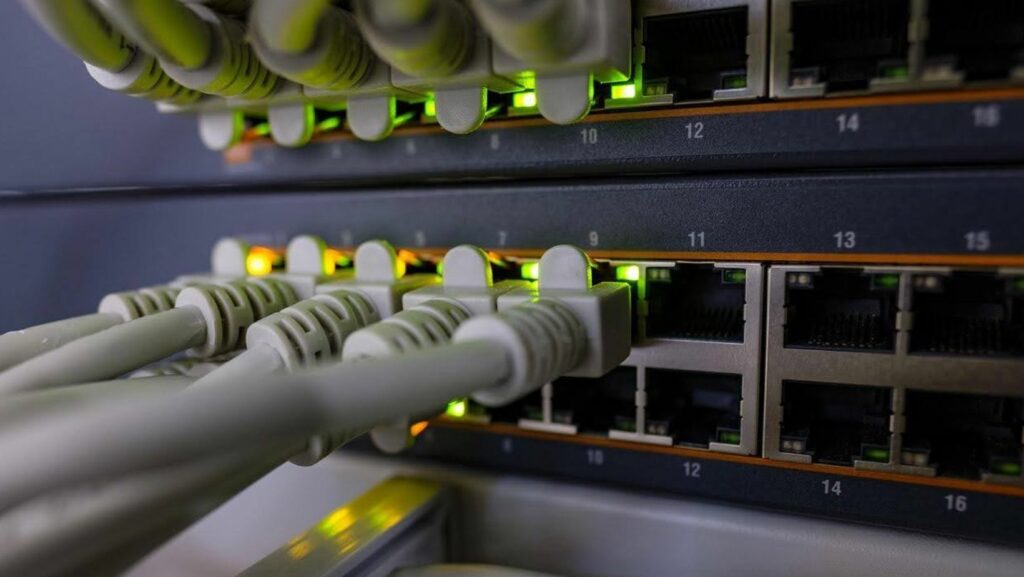Internet Service Providers (ISPs) use throttling methods that are designed to target VPN traffic, which is frustrating for slowing down VPN users who rely on virtual private networks for security, anonymity, or watching geo-blocked materials. Being able to detect and circumvent these practices can restore your connection to its potential.
Finding the Symptoms of VPN Throttling
ISP throttling of VPN traffic tends to manifest as subtle attacks that at first will be blamed on server faults or network congestion. The most forthright indication is an extreme slow-down in pace when your VPN is active compared to your regular connection. If you notice your internet speed reduced by 50% or worse when you are surfing through a VPN, throttling is the likely culprit.
Varied performance from one VPN server to another can also be an indicator of targeted throttling. While some servers perform as usual, other servers may have a significant slowdown, and your ISP might be selectively blocking or reducing certain IP ranges. Customers trying to use a VPN to access gaming sites might experience these differences in speed during busy hours — the cybersecurity researchers at VPNoverview have some tips if you want a reliable VPN to access FanDuel in restricted states.
Yet another surefire sign of throttling is connection unreliability, which occurs only when you’re connected via VPN services. Constant disconnecting, timeouts, or inability to connect at first while your regular internet works perfectly fine shows deliberate interference of VPN protocols.
How ISPs Identify VPN Traffic
ISPs employ a variety of sophisticated methods to detect and limit VPN connections. Deep Packet Inspection (DPI) technology allows them to examine data packets and recognize the signature of VPN protocols, even if traffic is encrypted. OpenVPN and IKEv2 are well-known protocols that have distinct signatures that automated systems can flag.
Port-based blocking is another popular technique. Most VPN providers employ default ports such as 1194, which become low-hanging fruit for throttling. ISPs would only need to restrict bandwidth for these particular ports without interfering with other traffic.
IP blacklisting uses databases of identified VPN server IPs. Traffic for users connecting to such marked IPs automatically gets lower priority or a reduced bandwidth assignment. This technique especially targets individuals attempting to access gambling sites like Roobet or streaming services that proactively prohibit VPN use. The experts at VPNpro have suggested several options of VPN for Roobet that worth a look.
Effective Workarounds and Solutions
Changing VPN protocols typically removes throttling immediately. If your VPN service offers multiple protocols to utilize, try proprietary protocols that have a tendency to fall below the detection threshold of your ISP. Most modern VPN services have developed obfuscation tools specifically designed to disguise VPN traffic as regular HTTPS browsing.

Port switching is a good method to overcome port-based throttling. Configure your VPN to use widely used ports like port 443 (HTTPS) or port 80 (HTTP) that ISPs cannot block because it would disable basic web services. Many quality VPN corporations have this option in their advanced settings.
Server rotation is a fine method for combating IP-based blocking. Instead of always coming through the same server, jump back and forth between servers in varying locations and IP addresses. This can be particularly beneficial for users who use a VPN for a specific geographic region.
Think of investing in specialist anti-throttling VPN services. High-end vendors invest heavily in developing proprietary protocols and obfuscation methods that will reliably overcome ISP throttling. These tend to cost more but offer significantly improved performance when being throttled.
ISP VPN throttling can be an issue, but with an understanding of the detection methods and solutions, users can still enjoy high-speed, stable connections. The trick is understanding how your ISP’s throttle specifically and making changes to your strategy. Ongoing testing and flexibility in your VPN options will ensure continued access to non-throttled internet browsing and streaming.


